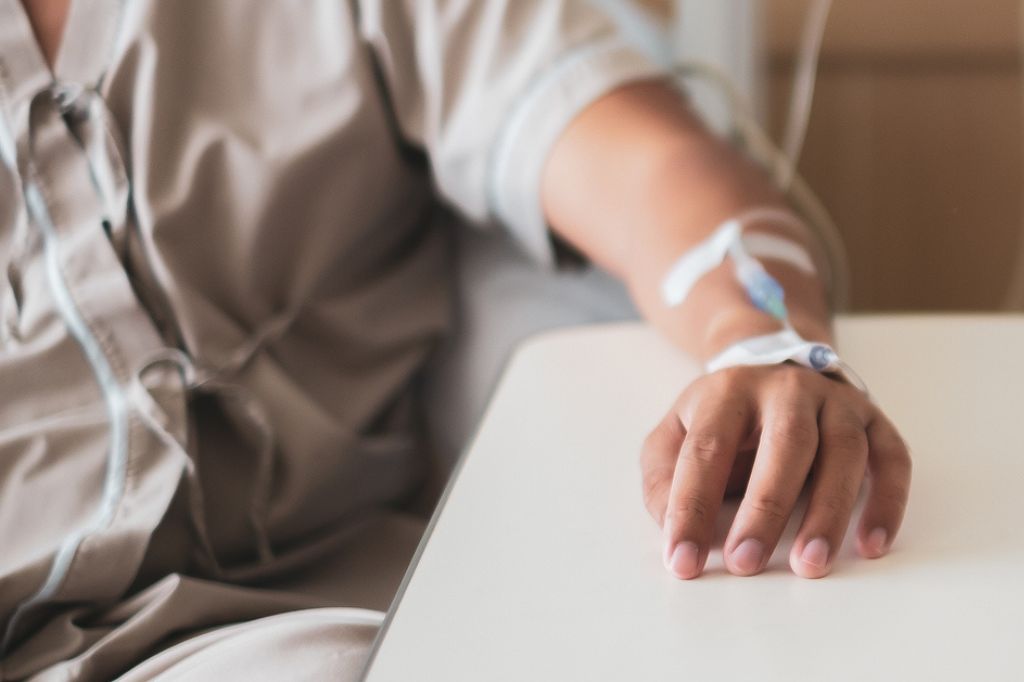When it comes to managing inflammatory bowel disease (IBD) with infliximab (IFX), the traditional approach of standard dosing leaves many patients behind. A groundbreaking 2020 study from Mumbai’s P.D. Hinduja Hospital demonstrates how Baysient’s iDose software is changing that reality by delivering better clinical outcomes while reducing treatment costs.
The Challenge: When Standard Dosing Falls Short
Published in the European Journal of Clinical Pharmacology, this study tackled a problem familiar to gastroenterologists worldwide: approximately half of IBD patients on IFX experience loss of response during therapy.
The reasons are complex, including individual variations in drug clearance, antibody formation, inflammation levels, and other factors, which create a pharmacokinetic puzzle that standard weight-based dosing simply cannot solve.
The research team, led by Drs. Dave, Dherai, Desai, and Ashavaid, along with Baysient’s Chief Science Officer Dr. Diane Mould, studied 30 IBD patients whose infliximab therapy wasn’t optimally managed through conventional approaches. Their findings revealed what many pharmacokineticists suspect: 53% of patients receiving standard dosing had subtherapeutic IFX concentrations.
Dashboard-driven Precision: The iDose Approach
Rather than relying on trial-and-error dose adjustments, the research team turned to iDose’s Bayesian algorithm. The dashboard integrates multiple data points, including patient weight, albumin levels, C-reactive protein, previous drug concentrations, and antibody status, to forecast individualized dosing regimens.
The system doesn’t just tell clinicians what the drug level is; it predicts what dose and interval will achieve therapeutic targets for each specific patient.
Clinical Outcomes That Matter
Of the 11 patients prospectively managed with iDose-assisted dosing:
- 8 achieved complete clinical remission
- 2 showed partial response
- Only 1 patient developed antibodies
These weren’t just laboratory improvements. Patients like “ST,” a 46-year-old male with IBD, achieved sustained remission while actually extending his dosing interval from every 4 weeks to every 7 weeks.
Patient “SM,” an 11-year-old female with ulcerative colitis, maintained therapeutic levels through multiple challenges, including infection and disease flares, situations where standard approaches often lead to treatment failure.
The Cost-Benefit Reality
Here’s where precision medicine proves its value in healthcare economics: three patients were able to extend their dosing intervals, resulting in substantial cost reductions. Patient ST’s interval extension from 4 to 7 weeks represented a 60% reduction in treatment costs while maintaining clinical remission.
This finding challenges a common assumption in biologic therapy: that optimization always means more drug, more frequently, at higher cost. iDose demonstrates that true optimization means right-dosing: sometimes increasing frequency for underexposed patients, sometimes extending intervals for those maintaining therapeutic levels unnecessarily.
For healthcare systems managing expensive biologic therapies, this represents a fundamental shift from reactive dose escalation to proactive, data-driven individualization.
The Future of IBD Management
This research builds on findings from the PRECISION trial and represents mounting evidence that dashboard-driven therapeutic drug monitoring is not just beneficial; it may become the standard of care.
The American Gastroenterological Association already recommends reactive monitoring; studies like this suggest proactive, dashboard-assisted management should be the next evolution.
As one patient case after another in this study demonstrated, the difference between therapeutic success and failure often comes down to precise, individualized dosing that accounts for the complex interplay of factors affecting drug exposure.
Traditional level-based algorithms tell clinicians to “dose escalate” or “shorten interval,” but they can’t predict which approach will work for which patient.
iDose can.
Bring Dashboard-driven Dosing to Your Practice
For gastroenterologists managing IBD patients on infliximab, this study offers a roadmap: integrate therapeutic drug monitoring with Bayesian forecasting to achieve both better patient outcomes and more efficient use of costly biologic therapies.
The dashboard approach doesn’t replace clinical judgment; it enhances it, providing clinicians with individualized predictions that make the difference between empirical dosing and precision medicine.
Ready to see how iDose can optimize outcomes for your IBD patients? Schedule a demo to discover how dashboard-driven dosing can transform your practice.


